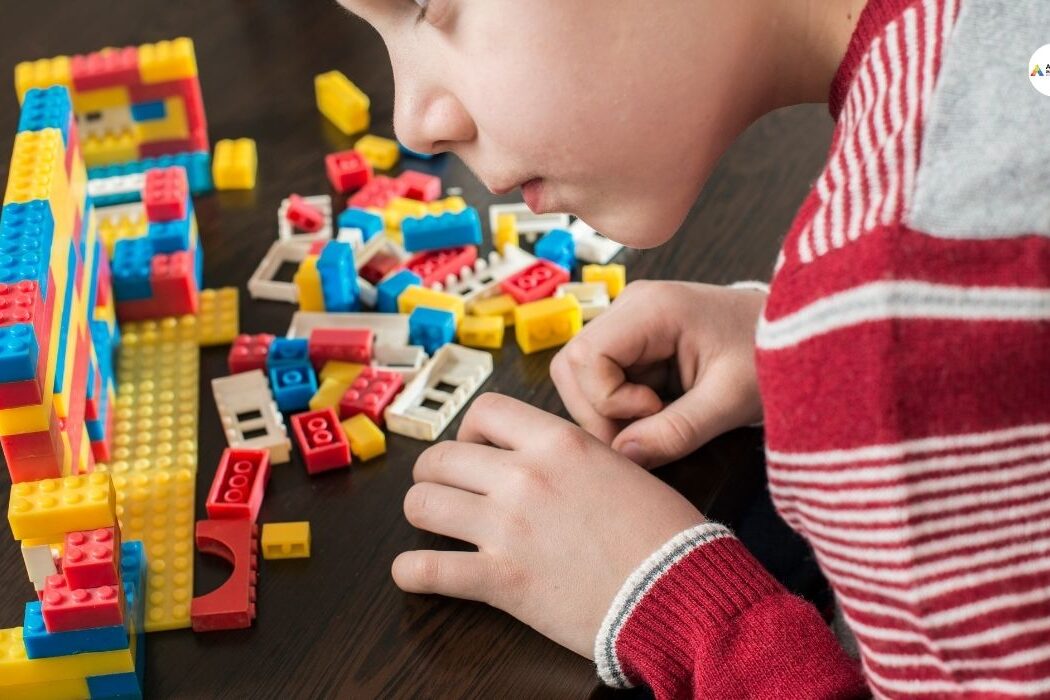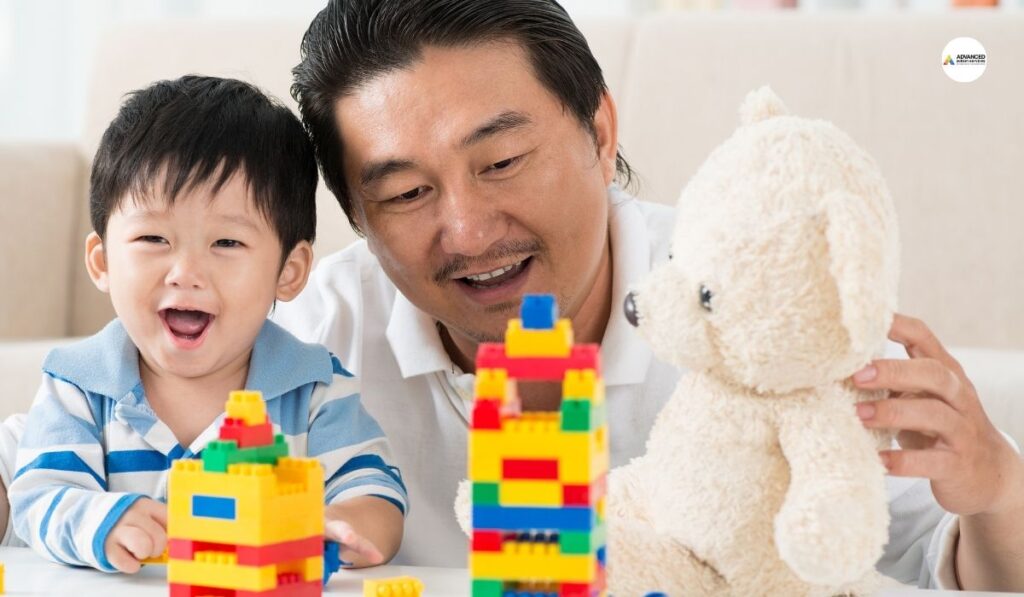Autism Spectrum Disorder (ASD) affects millions of children worldwide, impacting their social interactions, communication skills, and behavior. In recent years, Applied Behavior Analysis (ABA) therapy has emerged as one of the most effective interventions for children with autism. While traditionally administered in clinical settings, in-home ABA therapy is gaining popularity due to its numerous benefits for both children and their families. In places like Virginia Beach, VA, families can now access specialized ABA Therapy in Home Virginia Beach, VA providing convenience and personalized support tailored to the child’s needs within the familiar environment of their own home.
What is In-Home ABA Therapy?
In-home ABA therapy involves delivering ABA interventions within the familiar environment of the child’s home. Highly trained therapists work closely with the child and their family to implement behavior modification techniques tailored to the individual’s unique needs.
Convenience and Comfort
One of the primary advantages of in-home ABA therapy is the convenience it offers to families. Instead of traveling to a clinic, therapy sessions take place in the comfort of the child’s own home. This eliminates the stress and logistical challenges associated with commuting, making it easier for both the child and their caregivers to participate consistently.
Personalized Approach
In-home ABA therapy allows for a highly personalized approach to treatment. Therapists have the opportunity to observe the children in their natural environment, gaining valuable insights into their daily routines, interests, and challenges. This enables them to tailor interventions that are specifically designed to address the child’s strengths and areas for growth.
Benefits for Children with Autism
Familiar Environment
For children with autism, familiarity is critical. Being in their home environment can help reduce anxiety and facilitate learning. In-home ABA therapy provides a familiar setting where children feel comfortable and secure, allowing them to better engage in therapeutic activities and practice new skills.
Generalization of Skills
One goal of ABA therapy is to help children generalize skills learned in therapy to real-life situations. In-home therapy facilitates this process by allowing therapists to target skills within the context of the child’s everyday life. Whether it’s practicing social interactions with family members or learning self-care routines in the bathroom, in-home therapy promotes the generalization of skills in naturalistic settings.
Increased Family Involvement
In-home ABA therapy encourages active participation from family members, fostering a collaborative approach to treatment. Parents and siblings have the opportunity to observe therapy sessions, learn techniques from the therapist, and incorporate strategies into daily routines. This not only strengthens the bond between family members but also ensures continuity of care beyond the therapy sessions.
Advantages for Families
Flexibility
In-home ABA therapy offers unparalleled flexibility for busy families. Sessions can be scheduled at times that are convenient for the family, eliminating conflicts with work, school, or other activities. This flexibility makes it easier for parents to prioritize their child’s therapy without disrupting the family’s routine.
Reduced Stress
Navigating the challenges of autism can be overwhelming for parents and caregivers. In-home ABA therapy provides much-needed support in the comfort of the family’s own home, reducing stress and anxiety associated with attending clinic-based appointments. This allows parents to focus on their child’s progress and well-being without the added burden of travel and logistics.
Exploring Further Benefits
Individualized Attention
In-home ABA therapy allows for more individualized attention compared to clinic-based settings. With fewer distractions and a focus on the child’s specific needs, therapists can devote more time and energy to addressing skill deficits and promoting progress. This personalized approach enhances the effectiveness of therapy and maximizes the child’s potential for growth.
Seamless Integration into Daily Life
One of the critical advantages of in-home ABA therapy is its seamless integration into the child’s daily life. Therapy sessions can be structured to coincide with everyday routines, such as meal times, playtime, or bedtime. This integration ensures that therapeutic activities are embedded naturally into the child’s environment, promoting consistency and continuity of learning.
Enhancing Social Skills
Natural Social Interactions
In-home ABA therapy provides ample opportunities for children to engage in natural social interactions within their home environment. Whether it’s playing with siblings, interacting with parents, or participating in family activities, children with autism can practice social skills in a comfortable and familiar setting. These real-life experiences help children generalize social skills beyond the therapy session and navigate social situations more effectively.
Family Participation
Family involvement is a cornerstone of in-home ABA therapy, particularly when it comes to enhancing social skills. Parents and siblings play an active role in therapy sessions, practicing social skills with the child and providing positive reinforcement. This collaborative approach not only strengthens family bonds but also creates a supportive environment for social skill development.
Tailoring Interventions
Targeted Behavior Management
In-home ABA therapy allows therapists to address behavior management in the context of the child’s home environment. By observing specific triggers and antecedents within the home, therapists can develop targeted behavior intervention plans to address challenging behaviors effectively. This individualized approach helps children learn alternative behaviors and coping strategies that are relevant to their daily lives.
Environmental Modifications
The home environment offers unique opportunities for environmental modifications to support the child’s learning and behavior. Therapists can work with families to make simple adjustments, such as creating visual schedules, organizing autism-friendly spaces, or implementing structured routines. These modifications enhance the child’s ability to focus, regulate emotions, and engage in meaningful activities throughout the day.
Conclusion
In-home ABA therapy holds tremendous promise for children with autism and their families. By providing treatment in the familiar environment of the home, it offers numerous benefits, including convenience, personalized care, and increased family involvement. From enhancing social skills to targeting behavior management, in-home ABA therapy empowers children to reach their full potential and thrive in their everyday lives.
Ready to see your child thrive? Advanced Autism Services specializes in personalized, In-home ABA Therapy to empower children with autism. Let’s embark on this transformative journey together. Reach out today to give your child the support they deserve and watch them flourish! Contact us today at Advanced Autism Services to begin your child’s journey to success.
FAQs
What exactly is In-Home ABA Therapy?
In-home ABA Therapy, short for Applied Behavior Analysis, involves the delivery of behavior modification interventions within the familiar surroundings of the child’s home. This therapy is conducted by highly trained therapists who work closely with the child and their family to implement strategies tailored to the individual’s unique needs.
What conveniences does In-Home ABA Therapy offer for families?
In-home ABA Therapy offers significant conveniences by allowing therapy sessions to take place within the comfort of the child’s own home. This eliminates the need for families to travel to a clinic, thereby reducing stress and logistical challenges associated with commuting. By removing these barriers, families can more easily participate consistently in therapy sessions.
How does In-Home ABA Therapy provide a personalized approach to treatment?
In-home ABA Therapy enables therapists to observe the child in their natural environment, gaining valuable insights into their daily routines, interests, and challenges. With this information, therapists can tailor interventions specifically to address the child’s strengths and areas for growth, leading to more effective outcomes.
How does the familiar environment benefit children with autism?
The familiar environment of home is essential for children with autism, as it can help reduce anxiety and facilitate learning. In-home ABA Therapy provides a setting where children feel comfortable and secure, allowing them to better engage in therapeutic activities and practice new skills.
How does In-Home ABA Therapy promote the generalization of skills?
In-home ABA Therapy facilitates the generalization of skills by targeting interventions within the context of the child’s everyday life. This approach allows therapists to help children apply skills learned in therapy to real-life situations, such as practicing social interactions with family members or learning self-care routines in familiar settings.
How does In-Home ABA Therapy encourage family involvement?
In-home ABA Therapy encourages active participation from family members, fostering a collaborative approach to treatment. Parents and siblings have the opportunity to observe therapy sessions, learn techniques from the therapist, and incorporate strategies into daily routines. This not only strengthens the bond between family members but also ensures continuity of care beyond therapy sessions.
What advantages does In-Home ABA Therapy offer for families?
In addition to the convenience of conducting therapy sessions at home, In-Home ABA Therapy offers unparalleled flexibility in scheduling. Sessions can be arranged at times that are convenient for the family, reducing conflicts with work, school, or other activities. This flexibility allows parents to prioritize their child’s therapy without disrupting the family’s routine.
How does In-Home ABA Therapy provide individualized attention?
In-home ABA Therapy allows for more individualized attention compared to clinic-based settings. With fewer distractions and a focus on the child’s specific needs, therapists can devote more time and energy to addressing skill deficits and promoting progress, leading to more personalized and effective therapy outcomes.
How does In-Home ABA Therapy seamlessly integrate into daily life?
In-home ABA Therapy can be seamlessly integrated into the child’s daily life by structuring therapy sessions to coincide with everyday routines, such as meal times, playtime, or bedtime. This integration ensures that therapeutic activities are embedded naturally into the child’s environment, promoting consistency and continuity of learning.
How does In-Home ABA Therapy enhance social skills?
In-home ABA Therapy provides ample opportunities for children to engage in natural social interactions within their home environment. Whether playing with siblings, interacting with parents, or participating in family activities, children with autism can practice social skills in a comfortable and familiar setting. This real-life experience helps children generalize social skills beyond therapy sessions and navigate social situations more effectively.




